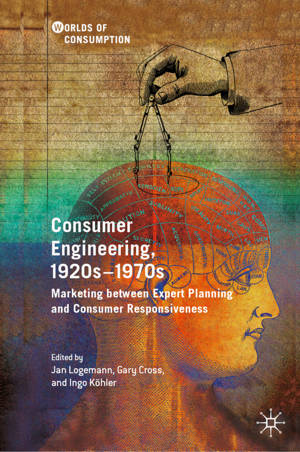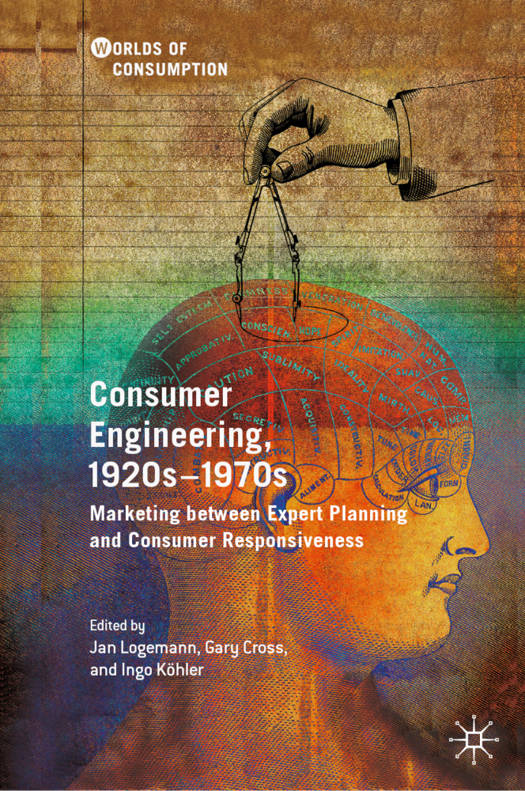
- Retrait gratuit dans votre magasin Club
- 7.000.000 titres dans notre catalogue
- Payer en toute sécurité
- Toujours un magasin près de chez vous
- Retrait gratuit dans votre magasin Club
- 7.000.0000 titres dans notre catalogue
- Payer en toute sécurité
- Toujours un magasin près de chez vous
Consumer Engineering, 1920s-1970s
Marketing Between Expert Planning and Consumer Responsiveness
105,45 €
+ 210 points
Description
In the middle of the twentieth century, a new class of marketing expert emerged beyond the familiar ad men of Madison Avenue. Working as commercial designers, consumer psychologists, sales managers, and market researchers, these professionals were self-defined "consumer engineers," and their rise heralded a new era of marketing. To what extent did these efforts to engineer consumers shape consumption practices? And to what extent was the phenomenon itself a product of broader social and cultural forces? This collection considers consumer engineering in the context of the longer history of transatlantic marketing. Contributors offer case studies on the roles of individual consumer engineers on both sides of the Atlantic, the impact of such marketing practices on European economies during World War II and after, and the conflicted relationship between consumer activists and the ideas of consumer engineering. By connecting consumer engineering to a web of social processes in the twentiethcentury, this volume contributes to a reassessment of consumer history more broadly.
Spécifications
Parties prenantes
- Editeur:
Contenu
- Nombre de pages :
- 296
- Langue:
- Anglais
- Collection :
Caractéristiques
- EAN:
- 9783030145637
- Date de parution :
- 14-06-19
- Format:
- Livre relié
- Format numérique:
- Genaaid
- Dimensions :
- 156 mm x 234 mm
- Poids :
- 612 g

Les avis
Nous publions uniquement les avis qui respectent les conditions requises. Consultez nos conditions pour les avis.





